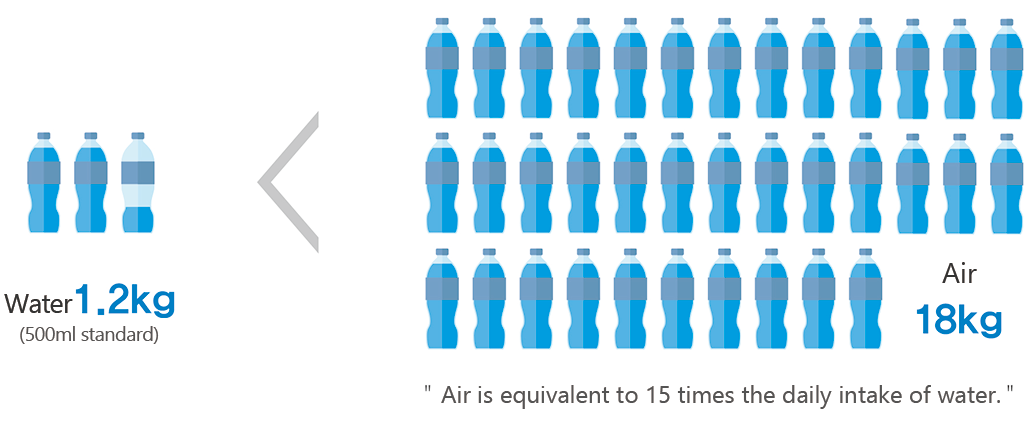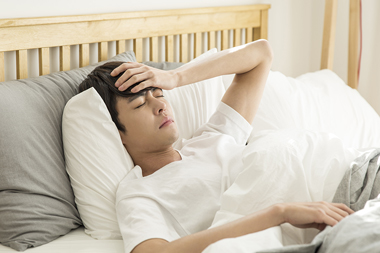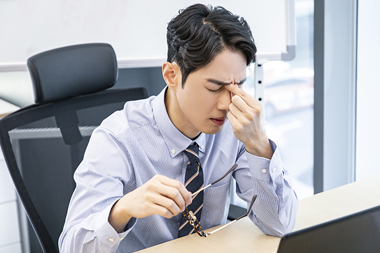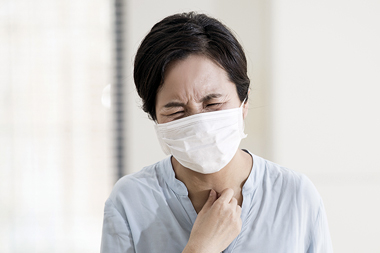Importance of Ventilation
What is ventilation?
Ventilation refers to changing stuffy air (odor, dust, humidity, germs, gas, and etc.) of indoor with fresh air of outdoor.
It is common for air quality of indoor to become worse as oxygen is decreased due to increased
concentration of carbon dioxide from human breath, as well as odor is increased.
So it needs to be ventilated. Also, because indoor pollutants are 1,000 times more well-delivered to lungs than outdoor pollutants, ventilation is essential.
Amount of daily consumed air
Modern men spend over 90% of the day indoors. Harmfulness of indoor air, such as airtight building,
sick building syndrome, and chemicals from furniture and walls, are up to 5 times more dangerous
than outdoor air polluted by fine dust or yellow dust.
(WHO, the World Health Organization)
What is the amount of air you breathe in a day?
(Based on daily consumption amount per person)

Importance of ventilation
The importance of indoor air quality has been standing out due to new harmful pollutants from change of lifestyle,
improvement of living standards, airtight buildings, and development of new construction materials.
WHO, United States Environmental Protection Agency (EPA), Charter of the United Nations,
and others are adopting declarations on seriousness of indoor air pollution, warning on harmfulness to human body, and rights to healthy indoor air.
Like this, to modern men, who spend over 90% of the day indoors, such as home, work, school, cars, buses, trains, and others, ventilation is very important.
This is why ventilation, in other words, indoor air quality, is important for health maintenance and management.
-

Inducing headache and dizziness
-

Decline of condition and work aging
-

Inducing difficulty in breathing




